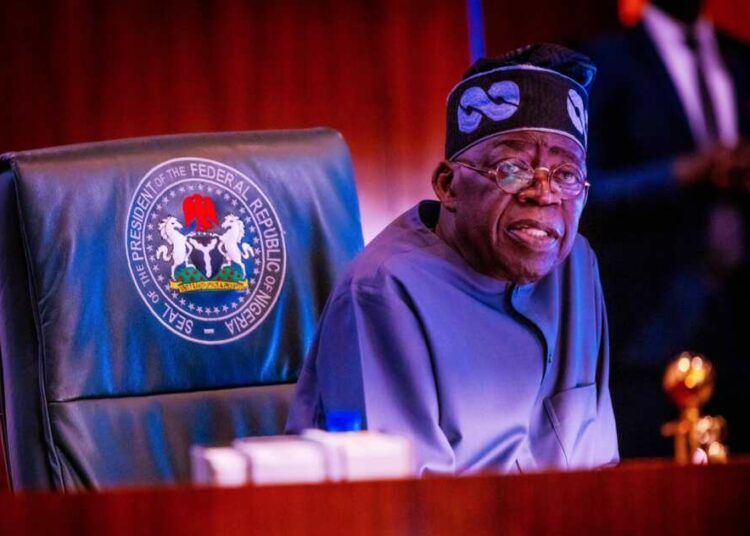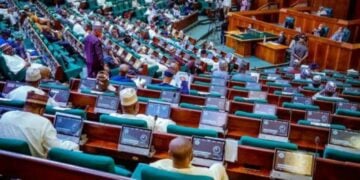The Special Adviser to the President on Communication and Orientation, Sunday Dare, has dismissed claims of a “cabal” operating within the presidency, insisting that President Bola Tinubu remains fully in control of the nation’s governance.
Speaking on the television programme Politics on Sunday, hosted by Femi Akande, Dare addressed the theme “Rebuilding Nigeria Through the Tinubu Reforms,” and clarified the misconception around a so-called cabal. According to Dare, the term “cabal” has been misapplied to individuals who, due to their key roles, hold regular briefings with the president.
Dare, a former Sports Minister stated that these figures are simply essential advisors who provide critical information for decision-making.
He said, “I think we’ve become so comfortable with the idea of the cabal, and you must understand how the idea of the Cabal, the people they call the Cabal, are the people that are holding the key sectors of the economy. These are people who are advisors, who must advise the President on trends, who must put critical data in front of him, and they have access to him.
How does access turn you into a member of the cabal?”
He pointed to the Finance Minister’s frequent briefings as an example, noting that proximity to the president does not imply hidden influence.
“The Minister of Finance, for instance, sees him (Tinubu) on a constant basis to show him all the indicators so that they can see it, they must have constant meetings.”
Dare emphasized that the president is fully in charge and has demonstrated this repeatedly, citing Tinubu’s decision to cancel the Central Bank’s cybersecurity tax as a clear example.
“The President is 100 per cent in charge and he has always been from day one, and he has shown it when the CBN cybersecurity tax came up, the president canceled it because he dealt with what the facts are.”
Addressing the tax reform bill currently before the National Assembly, Dare affirmed that the president is respecting legislative processes.
“The tax reform bill you are talking about, he was briefed on a constant basis all through, being a chartered accountant, that he is with his vast experience, it shows that there’s a future for our country in this tax reform bill.”
Dare further explained that the tax reform bill, once passed, will be crucial for restructuring various economic sectors.
“I think it’s absolutely important, because when you look at the four bills right now, at the National Assembly, and they are just bills, they’re not acts yet, that means there’s still an opening to have conversations around the bills, take out some things, readjust certain elements of it, and bring it back.”
Highlighting the president’s commitment to due process, Dare added, “The President’s preference is to have a de jure approach to it, not a de facto, because even if you do it outside of the legislature, then he must have contravened Nigeria’s constitution.”
He continued, “The people, the governors, Nigerians, can send in whatever comments they have, whatever deviation they have, and then that can be processed, I think that is the best way.”
On the broader implications of the tax reforms, Dare argued that these changes target future prosperity rather than immediate hardship.
“I think it’s the right way to go, because any other path will bring a crisis. When you look at the tax very well, it targets posterity, not poverty.
Look at the revenue tax, for instance, you can keep 100% of the taxes within your domain, that brings about control of your taxes, but also a level of responsibility at the level of state.”
Dare concluded by drawing parallels with other nations, asserting that Nigeria is on the path to growth.
Developed nations once at Nigeria’s economic level, he noted, implemented similar tax reforms, which he believes will aid Nigeria’s transformation.





